Oral language is the ability to use and understand spoken language. It encompasses a wide range of linguistic elements that are crucial for effective communication, both in daily life and then later in academic settings.

Culture and Oral Language Development
Another factor that needs to be considered when we think about oral language development is the cultural setting of which a child is a member, as this too plays a crucial role in the social and emotional context in which both oral language and reading abilities develop. Personal experiences and background knowledge shape a child's understanding of the world. It provides a framework for new word learning by making connections between what the child hears and sees and what they already know.
How Children Acquire and Use Language Effectively
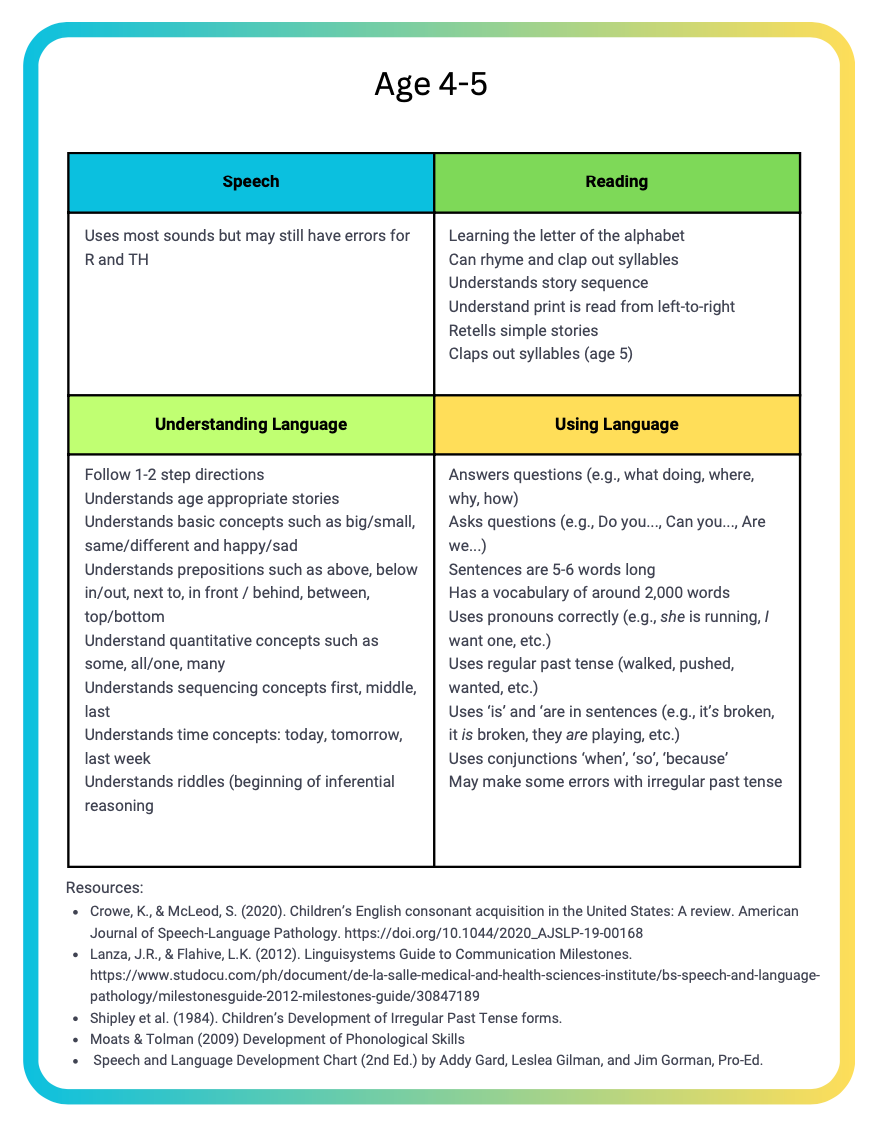
The development of receptive language skills involves the understanding and interpretation of spoken language. Receptive language includes listening skills, comprehension skills, and the ability to understand words in context. These skills are important for children to develop because it gives children the ability to follow directions and comprehend spoken language.
Expressive language skills provide a child with the ability to express their thoughts, feelings, ideas, wants, and needs. These skills are developed through speaking, storytelling, and most importantly, play. Over time, a child’s expressive language skills develop through face-to-face experiences with their family members, peers, and other adults in their life.
These daily, social interactions develop social communication skills which is the appropriate use of language in social situations, and involves learning rules of conversation such as turn-taking and staying on topic. Social communication skills also includes non-verbal cues that involve reading body-language and facial expressions. Social communication skills are both used and built when interacting with others during group activities, during partner work, and when role-playing.
The Power of Play in Developing Oral Language Skills
Play is a powerful tool that children naturally use to explore, experiment, and practice their newly found skills. Play provides the setting to develop several essential language skills.
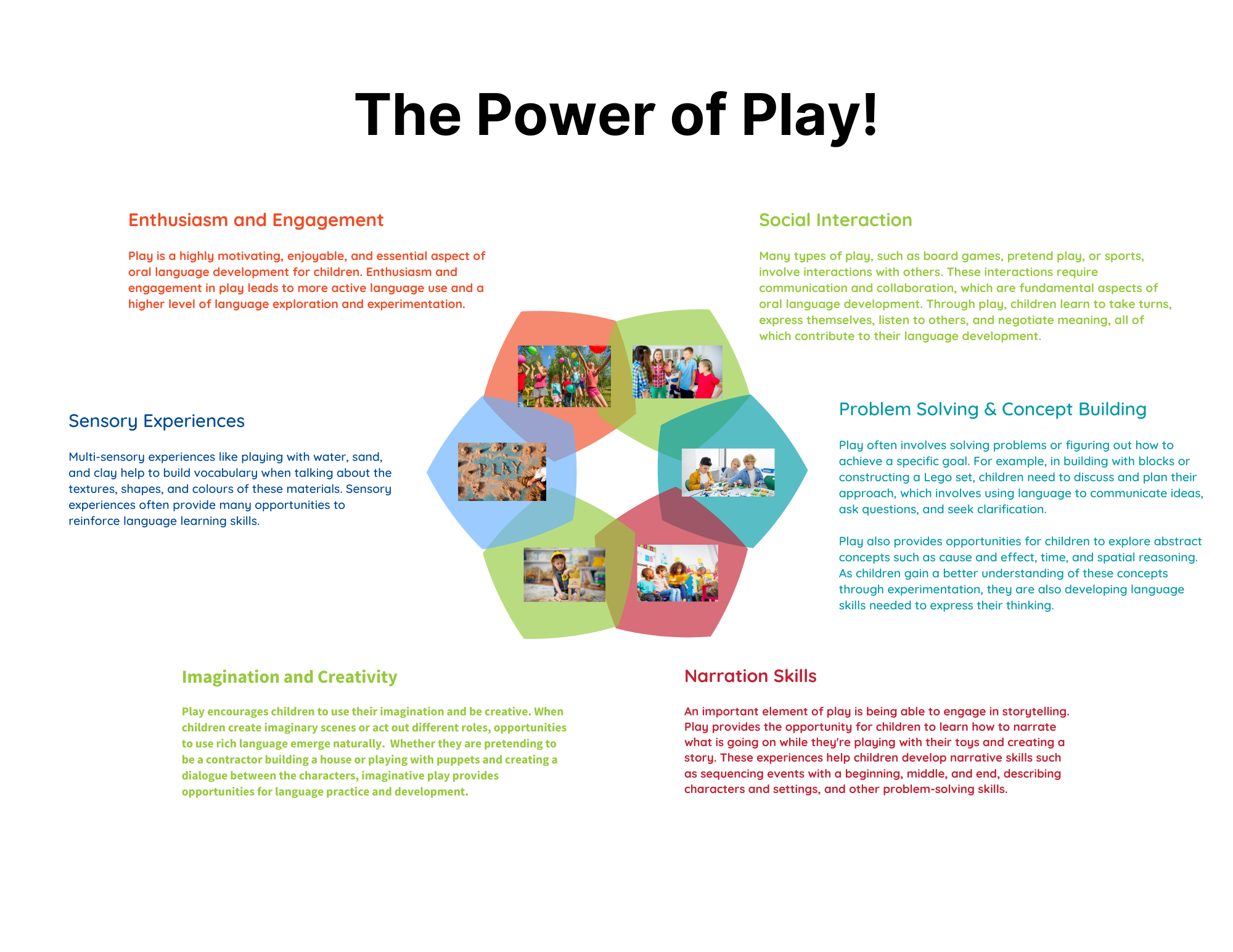
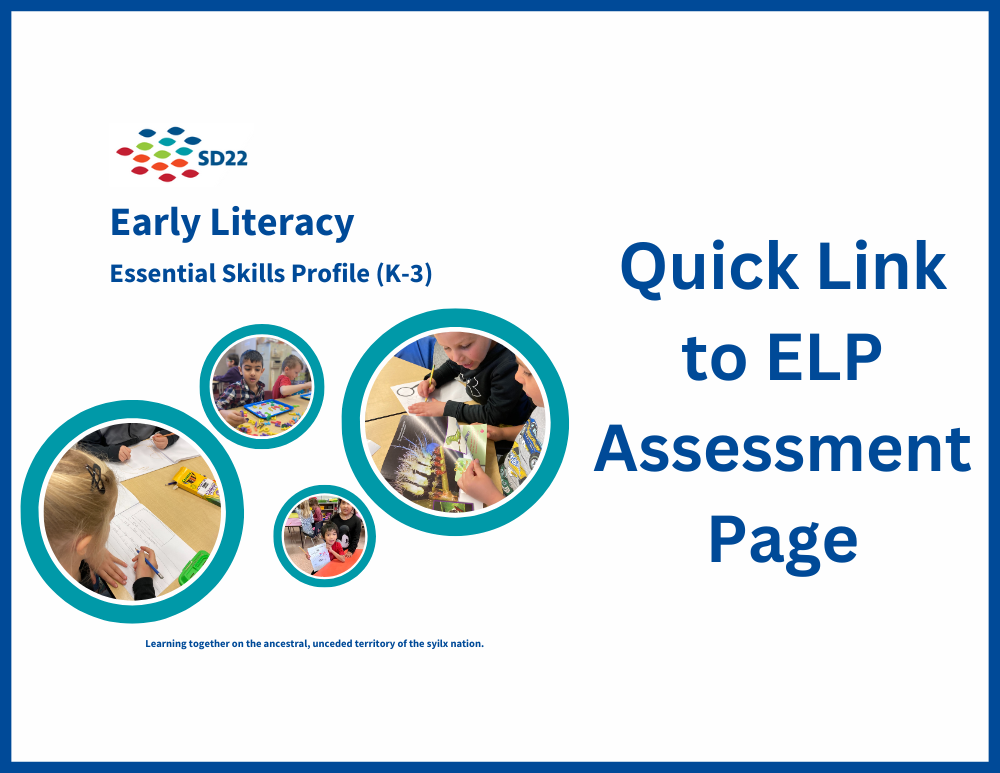
Key Resources: What Informs Us?
| Prinatable resources | |
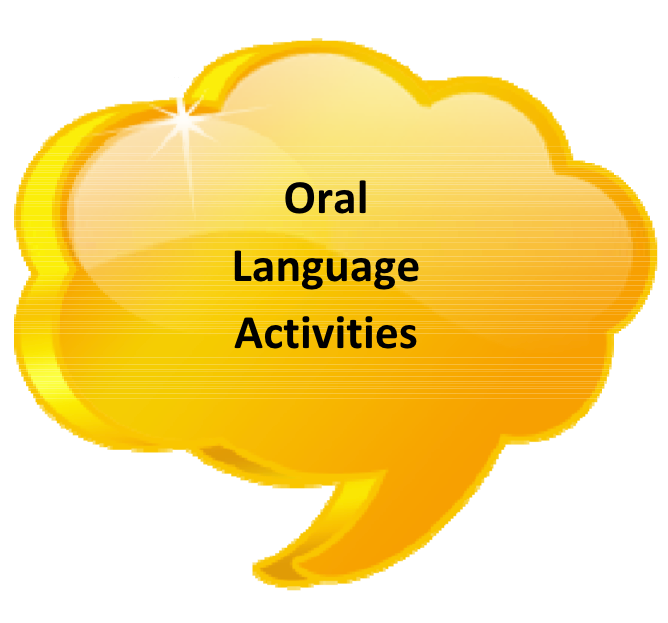 Extensive Oral Language Activities Compiled by Melissa Wing, Genesee Intermediate School District and Literacy Coaches from Genesee and Lapeer Counties, 2010. | 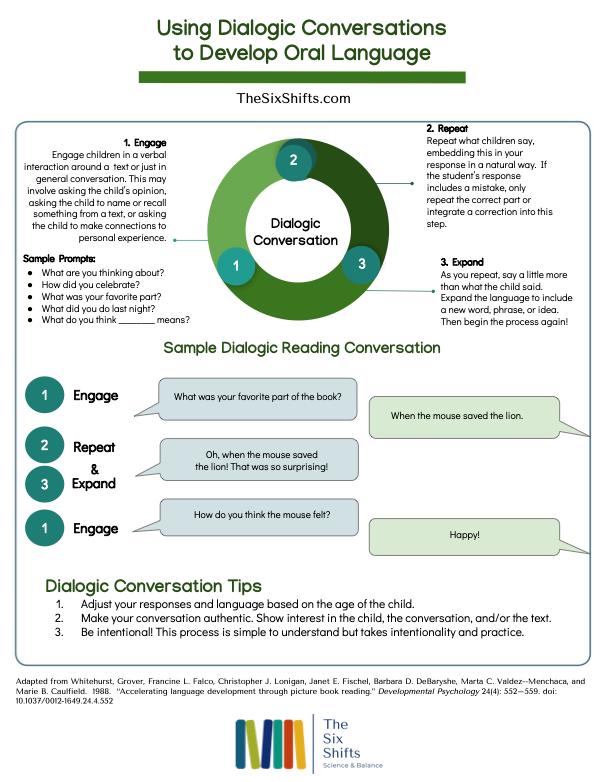 Shifting the Balance: Shift 1 - Dialogical Conversations (pdf as sited by serrra.org) https://serrra.org/wp-content/uploads/Williams-Oral-Language-2.pdf and visit https://thesixshifts.com/downloads-k-2/ |
| Websites | |
 Reading Rockets: Launching Young Readers - Oral Language Comprehension: Activities for Your Pre-K Child. https://www.readingrockets.org/literacy-home/reading-101-guide-parents/your-pre-kindergarten-child/oral-language-comprehension |  HealthLinkBC Speech and Language Development. https://www.healthlinkbc.ca/pregnancy-parenting/parenting-preschoolers-3-5-years/preschooler-growth-and-development/speech-0 |
Key Resources: What Informs Us in French Immersion?
| Expression orale | |
| L’approche neurolinguistique | |
 | 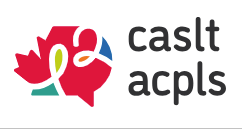 |
